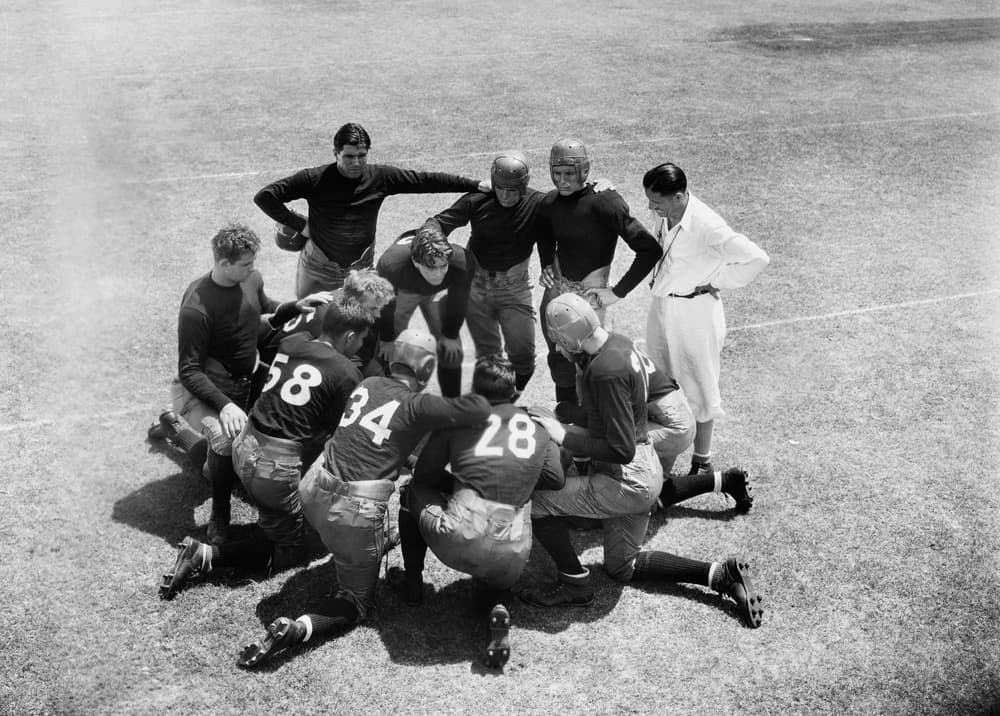Having a great claims adjuster can be invaluable. Claims are processed smoothly, timely, and satisfactorily.
But getting the ideal adjuster is not always possible, and employers often blame adjusters when things don’t go as efficiently as they could. Should you seek a different adjuster, or just accept that you’re stuck with a dud? Actually, you may be able to avoid both. By taking a step back to gain some insight into the adjuster’s world and using a few simple strategies, you may be able to turn things around.
Set Realistic Expectations
The adjuster’s role is the fair and reasonable settlement of claims. First step is to figure out what that means to you and how it fits in with your company’s claims handling plan. Setting up expectations is important. If there are no clear directions or goals, you really can’t blame the adjuster for failing to meet your expectations.
For example, do you want the adjuster to be in constant contact with you, or do you want communication only when absolutely necessary? You need to determine that and let the adjuster know.
Click Link to Access Free PDF Download
“How Do I Get My Adjusters To Follow My Account Handling Instructions?”
If you expect the adjuster to resolve claims within a certain period of time, are you doing all you can to facilitate that? How soon are injuries reported? Is that on a consistent basis? Do you have a timeframe for when and how investigations are performed?
Other factors can also affect the resolution of claims. Not having a return-to-work program or light duty/transitional work can make more work for the adjuster, along with the lack of a fraud prevention program. Make sure your actions and goals are in line with your expectations of your adjuster.
Understand the Adjuster
It can be upsetting when the adjuster doesn’t get back to you when you think he should, or denies treatment on a claim with no explanation or approves a questionable claim. But seeing things from the adjuster’s standpoint can help.
Instead of lambasting the adjuster, consider what is happening on his end. Being an adjuster can be a thankless job;
- There are constant questions, emails and phone calls, often from disgruntled employees, employers or others.
- His caseload may be overwhelming.
- There are constant deadlines that may or may not be achievable.
- The turnover for the profession is such that his office may be understaffed at any given time.
- While you might be easy to work with, others may not be.
You can find out what’s going on by talking with the adjuster.
Build a Relationship
Developing a bond with the adjuster can go a long way toward having a better connection with him. Working better with the adjuster can involve a few simple steps:
- Pay him a visit. A ‘chairside visit’ is a great way to establish a good relationship with an adjuster. For this informal meeting, you literally sit at his desk to understand the demands of his day. You can also take the opportunity to learn how he handles claims; the intake process, medical-only and lost-time claims, and catastrophic claims.
- Get to know him on a personal level. While you don’t need to be best friends, you can find out a little about him — his home life, kids, hobbies, etc.
- Realize he is the expert. Even if you don’t like the way he’s handling a claim show him respect. That said, find out his expertise level. If he’s new to the profession, he’s probably not the right person to handle complex claims. On the other hand, a highly experienced adjuster might be bored handling simple, medical only claims.
- Ask questions. There may be good reasons for the way he’s handled certain aspects of a claim. Don’t just get angry, find out why. Ask open-ended questions that are not accusatory. Putting him on the defensive won’t help your relationship, and it likely won’t get you answers.
- Give praise when warranted. If the adjuster does a particularly good job with a claim, tell him so. He’s probably much more used to hearing negative comments than true appreciation. Doing so will make things much easier when you later have concerns about a claim.
- Listen to what he says. You may have ideas to solve some of the challenges he’s facing.
- Offer to help. There may be things you can do that would help him expedite the claims process.
Conclusion
If you’re having problems with your adjuster, first look at your own program. Having an organized plan for claims handling and relaying that sets up realistic expectations.
Then, work with the adjuster. Develop a bond so you can easily find out the reasons for any problems and set up strategies to avoid future challenges.
Author Michael Stack, Principal, Amaxx LLC. He is an expert in workers compensation cost containment systems and helps employers reduce their work comp costs by 20% to 50%. He works as a consultant to large and mid-market clients, is co-author of Your Ultimate Guide To Mastering Workers Comp Costs, a comprehensive step-by-step manual of cost containment strategies based on hands-on field experience, and is founder & lead trainer of Amaxx Workers’ Comp Training Center.
Contact: mstack@reduceyourworkerscomp.com.
Workers’ Comp Roundup Blog: https://blog.reduceyourworkerscomp.com/
©2017 Amaxx LLC. All rights reserved under International Copyright Law.
Do not use this information without independent verification. All state laws vary. You should consult with your insurance broker, attorney, or qualified professional.




























